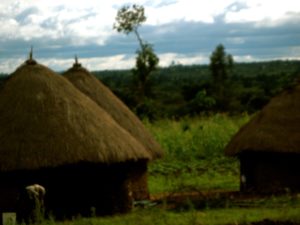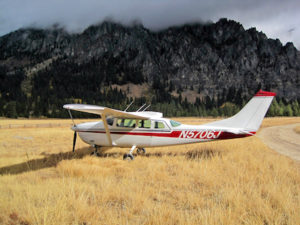The joy-stream inside me began as a trickle and broadened soon to a rippling brook, before breaking out in overflow. Like Old Faithful awash in laughter.
The contrast was stark. My mood of just moments before had been glum.
Merely responding to an inner prompting to laugh surely couldn’t lead to such a free-spirited abundance of peace?
Irrational, even hypocritical as the laughing exercise at first seemed, my hollow ha-ha-ha’s at some point crossed a threshold. As if persistence made possible the passing of a baton. To a literal spirit of laughter.
Regardless how it all may have gone, one thing was certain.
The money-worry lifted – indeed it had vanished. A bubbly joy giving rise to effortless, authentic laughter washed over my heart and mind. Nothing felt a threat or burden, not CPK Language School fees. Not a looming insurance bill. Still I was rational, knowing a full day of normal, responsible activities lay ahead. An unvoiced assurance had settled in that all was well.
Four hours later I drew open a post office box and spotted a letter marked Louisiana. And started to read.
“Hi Jerry and Ann. I hope you all are doin’ well.”
I smiled as Ray Manguno’s easy-going Cajun brogue drifted into my hearing via the eye gate as I read.
“Well, I’m out in Alabama’s back-country doing evangelistic work. I’m preaching some night services at a little church. . .”
Ray then spoke of a practice he followed when preaching revival meetings.
“I always preach one evening on foreign missions, the call to get God’s message out across the world. I always raise an offering on that missions night, passing the plate so the local gathering can send a gift to whoever their church supports outside the country.”
As I read, curiosity stirred, Where’s my college pal headed with this? I glanced the added paper insert that had dropped from the envelope.
“Well,” Ray continued, “when the service ended the pastor came over to me a little embarrassed. He said, ‘Brother Raymond, our church doesn’t support any missionary. In fact. . . we don’t even know a missionary we could send this money to. . . Do you know anyone who could use the offering?’”
“‘Well, pastor,’ ” I said to him, ‘I actually have a couple on my mind right now.’”
“Now, Brother Jerry. . . and Ann, I want to tell you all that for the past few days I had been having you in my thoughts. Actually, the sight of your faces came up before me ahead of my time to preach here at this church on missions.
“So anyway, that kind of explains how the enclosed gift is for you guys.”
I sat in our white VW Bug with its KNZ 948 license plate, and rehearsed the story in silence, re-reading it slowly, word by word. Taking in the dollar amount registered on the American bank check I was sure it sufficed to cover our two crucial bills.
It was then I let out a whoop. “Praise you, Father! Thank you, thank you, Lord.” I thought of my wife.
Wait ‘til Ann sees this.
Pausing again, I recalled the early morning laughing spell and wagged my head in a mix of gratefulness and wonder. I steered the Volkswagen into traffic.
My accelerator foot experienced a slight weight gain en route home.
©2017 Jerry Lout



